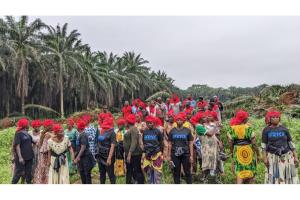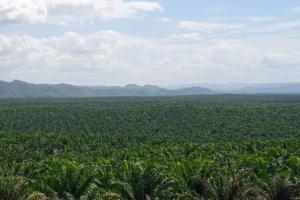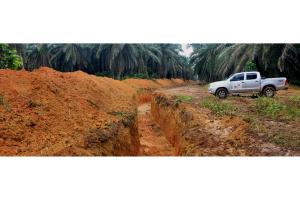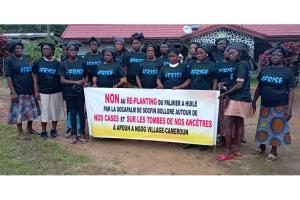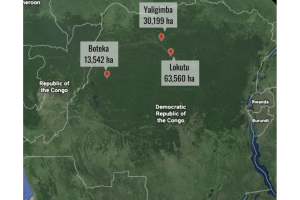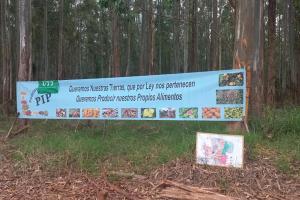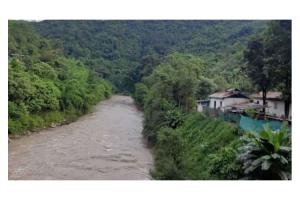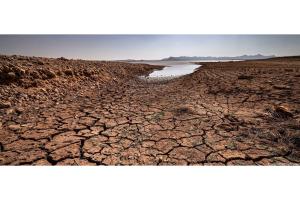Struggles Against Tree Monocultures
Corporate profit drives land grabs to install industrial tree monocultures. Where industrial plantations take root, communities' territories and lives are violently invaded, their forests destroyed and their water polluted. When communities resist, companies tend to respond with aggression. Despite this extreme violence, communities around the world are resisting, organizing and joining forces to defend their territories. Every September 21 the International Day of Struggle against Monoculture Tree Plantations is celebrated.
Bulletin articles
22 August 2024
The Argentine province of Corrientes has the largest area of tree plantations in the country. 80% of the timber from these plantations goes to sawmills, where mountains of sawdust are regularly burned, causing serious health problems for neighboring communities. The local organization, Guardians of Y'vera, conducted a community health survey to highlight the problem, demand the relocation of these mills, and denounce the impacts of the forestry model.
Bulletin articles
22 August 2024
Action alerts
13 August 2024
Press release. SOCAPALM, a subsidiary of Socfin, must immediately cease replanting operations at Edea 1, in Cameroon.
Action alerts
6 May 2024
Oil palm plantations are spreading like wildfire across the eastern Brazilian Amazon. But local communities are standing up to the palm oil industry’s brutality and sweeping land grabs, demanding the return of their ancestral lands and calling on the authorities to protect them from encroachment and violence.
Action alerts
28 February 2024
We call on organizations to sign this petition in support of the Mayan Q’eqchi community Santa Elena in the northern region of Guatemala. The community is asking for international and national support in the face of recent threats and growing criminalization by Industria Chiquibul, a palm company that supplies palm oil to transnational corporations such as Nestle and Unilever. Read and sign the letter below.
Bulletin articles
26 February 2024
In the Acará Valley, Pará state, the Tembé and Turiwara indigenous peoples, and quilombola and peasant communities are fighting to take back part of the living spaces they traditionally occupied. It is not just a struggle for territory, but one to reverse a history of oppression and injustice. Today, they are denouncing structural violence and state omission.
Bulletin articles
19 December 2023
The Afrise women's association launched an international petition to stop the replanting of oil palm monocultures around their homes and over the grave sites of their ancestors. They are denouncing decades of sexual abuse, land dispossession and misery. They are demanding that their territory be returned to them, so that they can lead a life of dignity.
Action alerts
28 November 2023
Sign this petition against the replanting of oil palm by Socapalm (Socfin/ Bolloré) in the vicinity of the homes and tombs of the neighbouring village Apouh à Ngog, in Edea-Cameroon.
Action alerts
20 November 2023
Collective statement, 20 November 2023
Action alerts
1 November 2023
Llamamos a organizaciones a firmar esta carta para exigir a las autoridades de la provincia de Misiones, Argentina, la entrega urgente de 434 hectáreas que le corresponden por ley a la cooperativa Productores Independientes de Piray (PIP-UTT). Las tierras están ocupadas por plantaciones forestales de la multinacional Arauco.
Bulletin articles
25 October 2023
Land related struggles in India’s Northeast states might worsen with the push to expand oil palm plantations on small-farmers and Indigenous land, threatening their food sovereignty and the ancestral practice of Jhum (shifting cultivation). On top of this, a new Forest Amendment Law will facilitate this expansion, jeopardizing further the region’s forests and Indigenous Peoples.
Bulletin articles
25 October 2023
More than seven percent of Uruguay's territory is covered with monoculture tree plantations. A handful of companies have been behind this massive expansion—which has occurred mostly over watersheds and prairies—,with devastating consequences. This year, almost half of the urban population had no access to drinking water—an imminent warning of the drastic change that is needed for Uruguay to maintain its water.


